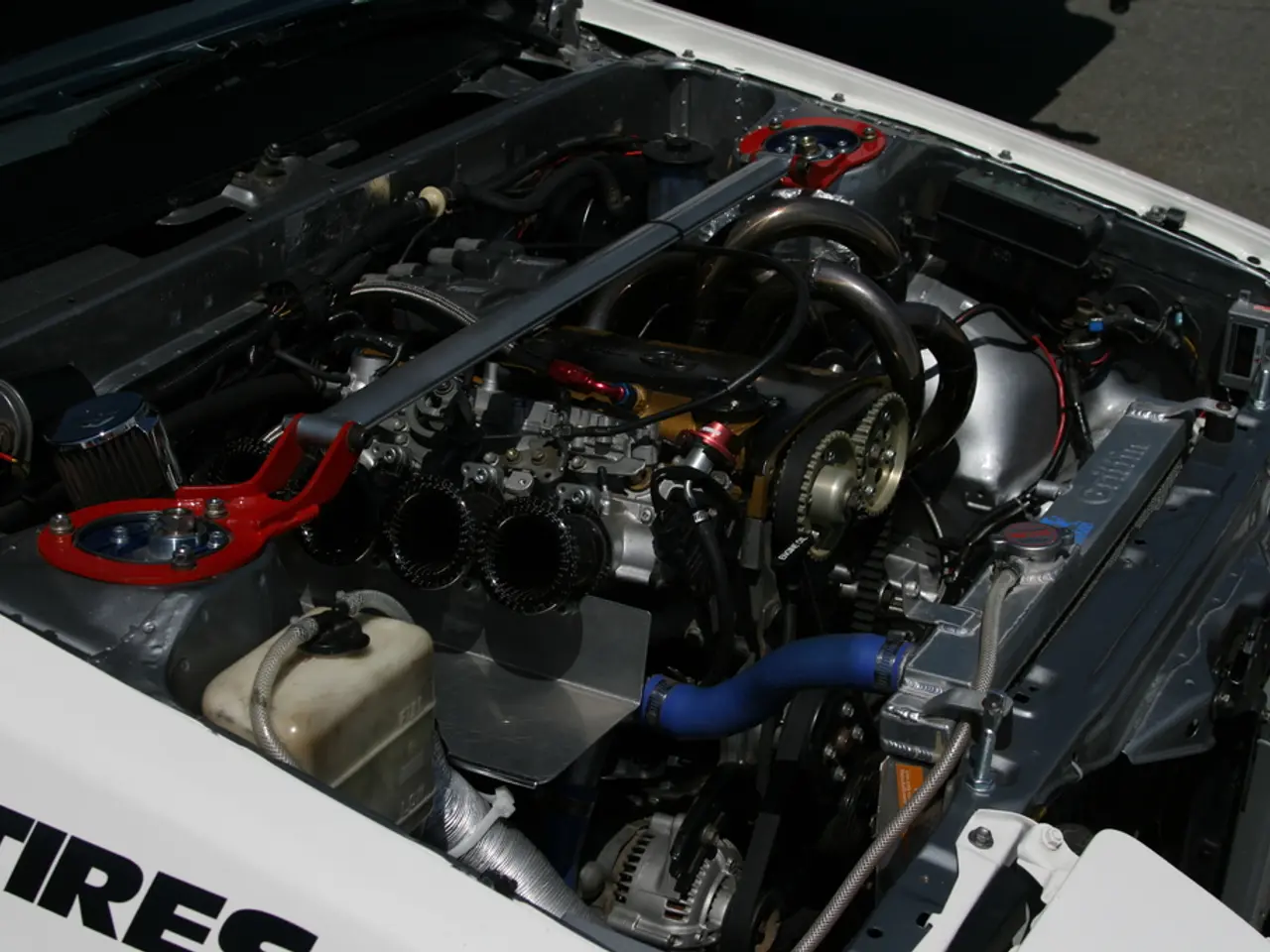Honda's Dreamo Project Turns Factory Emissions into Biofuels
Honda is expanding its sustainability efforts with the Dreamo project, engineering microalgae to absorb carbon dioxide from factory emissions. The project, developed by Dreamo GmbH, aims to create a circular economy by converting captured CO2 into valuable products like biofuels and plastics.
The Dreamo project is part of Honda's broader research into next-generation technologies. The company plans to start mass production of a fuel cell module in 2027 and a fuel cell generator in 2026. The new Advanced Materials Science Lab in Columbus, Ohio, will support these efforts, focusing on quantum and nanotechnologies, hydrogen fuel cells, carbon capture, next-gen EV batteries, and battery recycling.
Located on the Ohio State University SciTech Campus, the lab is a key center for Honda's innovation in mobility solutions. Dr. Christopher Brooks, Chief Scientist and HRU-US division director, highlighted Ohio's significance in Honda's research and development. The facility has been home to Honda's 99P Labs since 2018.
Honda's Dreamo project and the new Advanced Materials Science Lab in Columbus demonstrate the company's commitment to sustainability and innovation. By engineering microalgae to absorb CO2 and developing next-generation technologies, Honda is working towards a greener future, with the goal of commercializing carbon capture facilities by the 2030s.
Read also:
- "Eco-Scam": Unveiling the Truth about Electric Vehicles
- European transportation's sustainability and competitiveness rely on a "green industrial agreement" that serves the interests of both corporations and residents, as discussed in an Editorial from August 2024.
- Indian Oil Corporation's Panipat Refinery secures India's inaugural ISCC CORSIA accreditation for Sustainable Aviation Fuel production
- Putin's CTBT Move Threatens Global Nuclear Order







